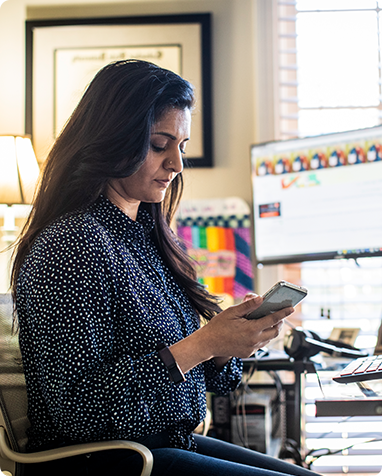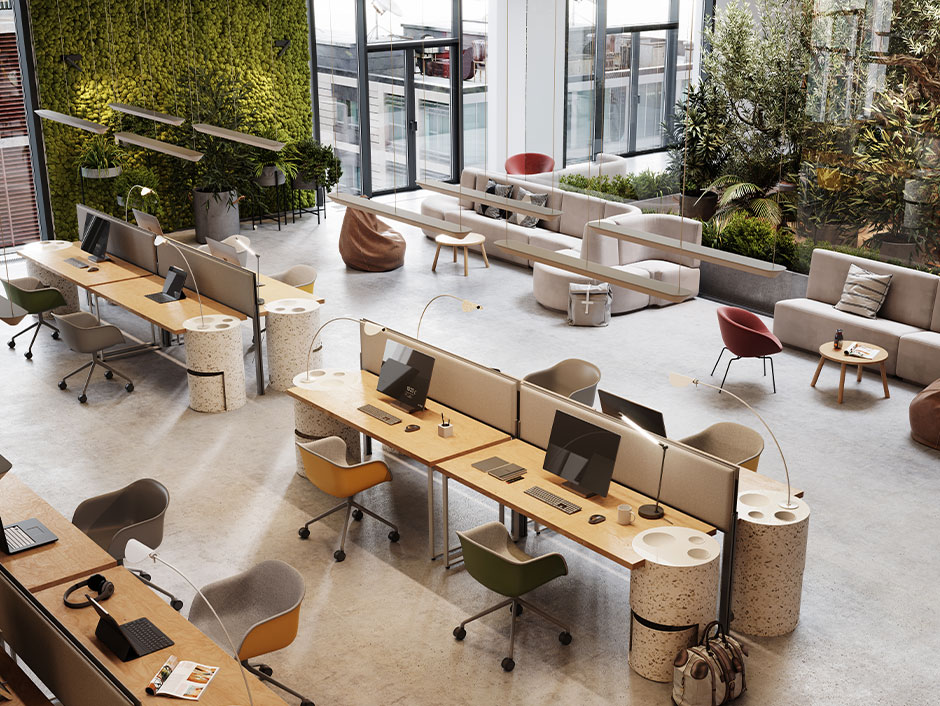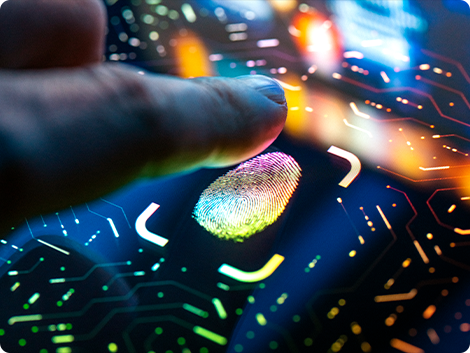Equality in the
Time of Crisis
As the pandemic derails social development goals worldwide, companies are becoming more proactive in addressing widening disparities.
While Covid-19 has unleashed a global human development crisis, the pandemic also presents an opportunity to marshal public and private resources to address important health, education, and gender inequality challenges.
The International Monetary Fund (IMF) estimates the global economy shrank 4.9% in 2020. Though swift vaccine rollouts are projected to revive global growth this year, the pandemic has been a setback for many of the 17 Social Development Goals (SDGs) established by the United Nations for 2030.
But this crisis is also a wake-up call for a global reset.
“Looking to the future, we have a great opportunity to build a more resilient and more equitable global economy,” said Kristalina Georgieva, Managing Director, IMF. “We need to think about a future not merely built on output volumes, but on equality of economic activity and social cohesion,” she said.
The Challenges Ahead
The pandemic will be an opportunity to build back a more equal and sustainable world. And according to UN Secretary-General Antonio Guterras, “education and digital technology must be two great enablers and equalizers” in the continuous pursuit of the SDGs.
Education experts are projecting that governments will prioritize equal access to education, from early education to lifelong learning.

Governments need to prioritize investment in digital literacy and infrastructure. Learning how to learn, adapt and take on new skills will be essential.
The crisis has also highlighted some significant changes in the way governments and corporations will tackle poverty and inequality in the future, starting with the digital divide.
In 2019,
access to the internet
countries had access to the internet
Access to the internet proved vital during Covid-19.
Digitalization accelerated amid the pandemic, boosting already growing trends of e-commerce, digital banking, and food delivery. In addition, governmental preparedness was strengthened by digitalization to help the most vulnerable groups. This is pivotal, especially in future crises such as disruptions arising from climate change.
Broadening access to the internet is just one of many challenges ahead that can be addressed by multilateral lenders, governments, and private corporations, a necessary partnership in tackling crises and enabling human development.
Trends report
Financial Inclusion
While a third of the adult population in developing economies remains unbanked in 2020, the increasing usage of mobile money accounts, facilitated by an almost universal mobile phone penetration rate and expanding internet access, is expected to bring digital financial services to the unbanked.

Digital Energy Infrastructure
By 2030, we can cut global electricity needs by 16% by adopting smart grid and smart lighting technologies. By 2040, we can reduce it further by 20%.

Access to Internet
In 2020, 51.4% of the global population used the internet to access information. There was a big divide between digital natives (aged 15-25) and the older generations in internet usage.


By 2030, internet penetration is expected to increase as digital natives enter adulthood. Internet usage is projected to increase to 75% of the global population.
New Jobs in the Circular Economy
By adopting the circular economy, we will not only reduce waste and make our supply chains more sustainable, we will also create millions of jobs in various industries.

Source: Global Findex, Tony Blair Institute for Global Change, International Energy Agency, International Labour Organization
Stepping Up to
Challenges
To prepare for a post-pandemic world, nations are recalibrating their social development goals, often with a renewed focus on digitalization, decarbonization, and decentralization. Companies also need to refocus and rebuild for a better, fairer future.
Mastercard is among global corporations recognizing the need for extraordinary measures to address widening social inequalities during the pandemic.
“When all the health and safety guidance is asking us to fundamentally alter the way we interact with each other, the desire to close ranks and only worry about our immediate area of influence is understandably strong,” says Mastercard CEO Ajay Banga.
But the need for businesses to step up, reach beyond business-as-usual and activate new and perhaps creative ways to use their infrastructure, and key skills to keep the economy and society going—that’s even stronger.


The National Association of Software and Service Companies (NASSCOM) of India has been at the forefront of providing its members with innovative solutions to pandemic-related challenges. For example, NASSCOM partnered with digital engineering services provider Virtusa to set up a Remote Patient Monitoring platform to help health workers communicate with patients quarantined at their homes.
Consumer products giant Unilever has announced plans to help 5 million small and medium-sized enterprises (SMEs) in its retail value chain grow their business through access to skills, finance, and technology, by 2025.". The company will commit to spending over $2 billion a year with suppliers owned and managed by women, under-represented racial and ethnic groups, people with disabilities, and the LGBTQI+ community.
A company’s first responsibility in times of crisis is towards its employees, whose ongoing employment impacts family members and society.

Paying It Forward
The pandemic has also presented an opportunity for private companies to reinvent themselves to better meet the UN Social Development Goals in their work environments as well as globally.
Accenture developed the WeAct program in collaboration with the Entrepreneurship Development Institute of India to empower women entrepreneurs in rural India, offering a platform for female entrepreneurs to access market information and free advice and training to develop their businesses. Launched in March 2020, the platform has thus far supported some 2,800 entrepreneurs.
With businesses facing uncertainty amid the pandemic, Accenture also developed a free online platform to help employers find new staff or new jobs for workers they could no longer afford to keep. The platform attracted more than 280 companies in more than 90 countries in its first year.
Accenture has supported
over 2,800 entrepreneurs
and 280 companies
in 90 countries
In collaboration with partners, Accenture has devised The Circulars Accelerator program that connects clients to leading global experts providing solutions for accelerating the transition to a circular economy that aims to eliminate waste and promote the continual use of resources.

Preparing for
The New Global Future
The Covid-19 crisis has highlighted the need for a New Deal, except this time, it will need to be a global deal, with global collaboration.


“The response to the pandemic, and to the widespread discontent that preceded it, must be based on a New Social Contract and a New Global Deal that creates equal opportunities for all and respect the rights and freedoms of all,” said UN Secretary-General Antonio Guterras.
The New Social Contract, between governments, people, civil society, business and more, must integrate employment, sustainable development, and social protection, based on equal rights and opportunities for all.
The Shape of
Things to Come
As recovery plans kick into overdrive, human ingenuity and technology will drive insights into action and help change how the world works and lives for the better.
Learn more

